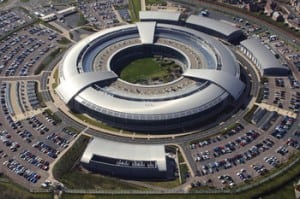
The new United Kingdom chief of cybersecurity on Tuesday explained his new cyber center’s approach to its mission of protecting government and critical infrastructure cybersecurity, with a focus on active cyber defenses.Ciaran Martin, the newly named Chief Executive of the new National Cyber Security Centre (NCSC), spoke at the 2016 Billington Cybersecurity Summit in his first comments since being named head of the center. He sought to explain how his center sees cybersecurity problems, why it was established within the…

 By
By 











